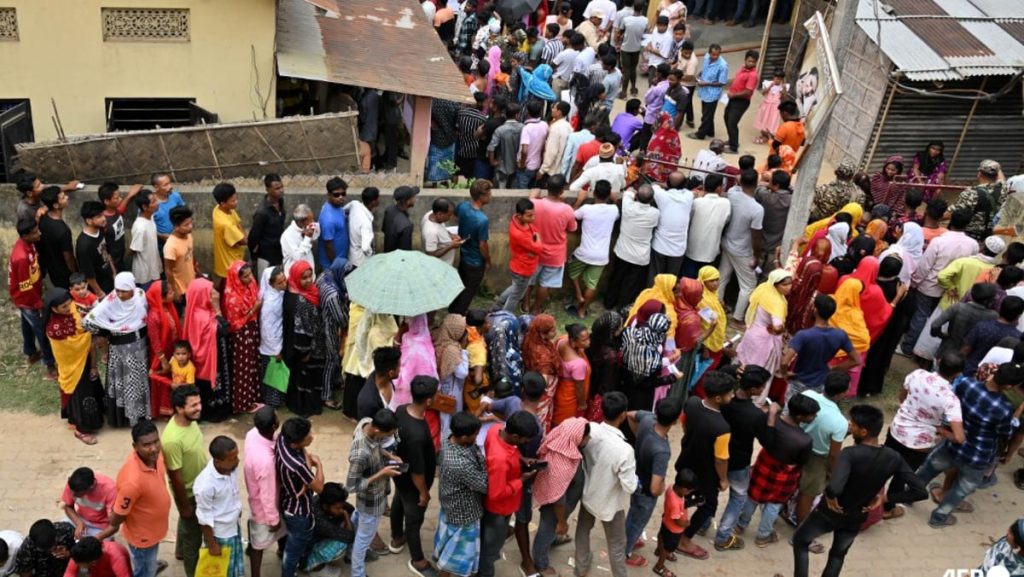Mohammed Shabbir, a Muslim voter in Kairana, expressed concerns about job opportunities for his eight children who did not have regular employment. He noted that lack of jobs was a major issue for both Muslims and Hindus in India, surpassing Hindu nationalism as a key election topic in the country. Hindu nationalism has gained prominence as a theme in the upcoming election, especially after Prime Minister Modi’s participation in the consecration of a grand temple to Lord Ram in Uttar Pradesh.
Critics have accused Modi’s government of targeting India’s minority Muslim population, numbering around 200 million, in an effort to appease their hardline Hindu supporters. Both Modi and his party deny these allegations, but the impact of such accusations on the electoral outcome remains to be seen. Modi is aiming to secure a larger majority in parliament, hoping to win 370 out of 543 seats, up from the 303 seats his party held in 2019. This majority could potentially allow the BJP to make significant constitutional changes.
In Tamil Nadu, a prosperous state where the BJP has a relatively weak presence, opinions are divided among voters regarding Modi’s prospects in the upcoming elections. While some, like taxi driver S Rajagopal, believe that Modi has made India a more peaceful country for Hindus and that he will easily win again, others, like businessman V Parasuraman, feel that the BJP has not done much for Tamil Nadu and that voters in the state are educated enough to see through Modi’s rhetoric.
Despite differing views among voters in Tamil Nadu, the overall sentiment in India seems to reflect a mix of economic concerns, religious nationalism, and perceptions of Modi’s performance as Prime Minister. With a strong push from Modi and his party, the BJP is hoping to secure a decisive victory in the upcoming elections. Whether this will translate into support from diverse regions like Tamil Nadu, where the BJP currently has limited influence, remains to be seen. Ultimately, job opportunities, religious identity, and the perceived performance of the current government are likely to play key roles in shaping the electoral outcome in India.













